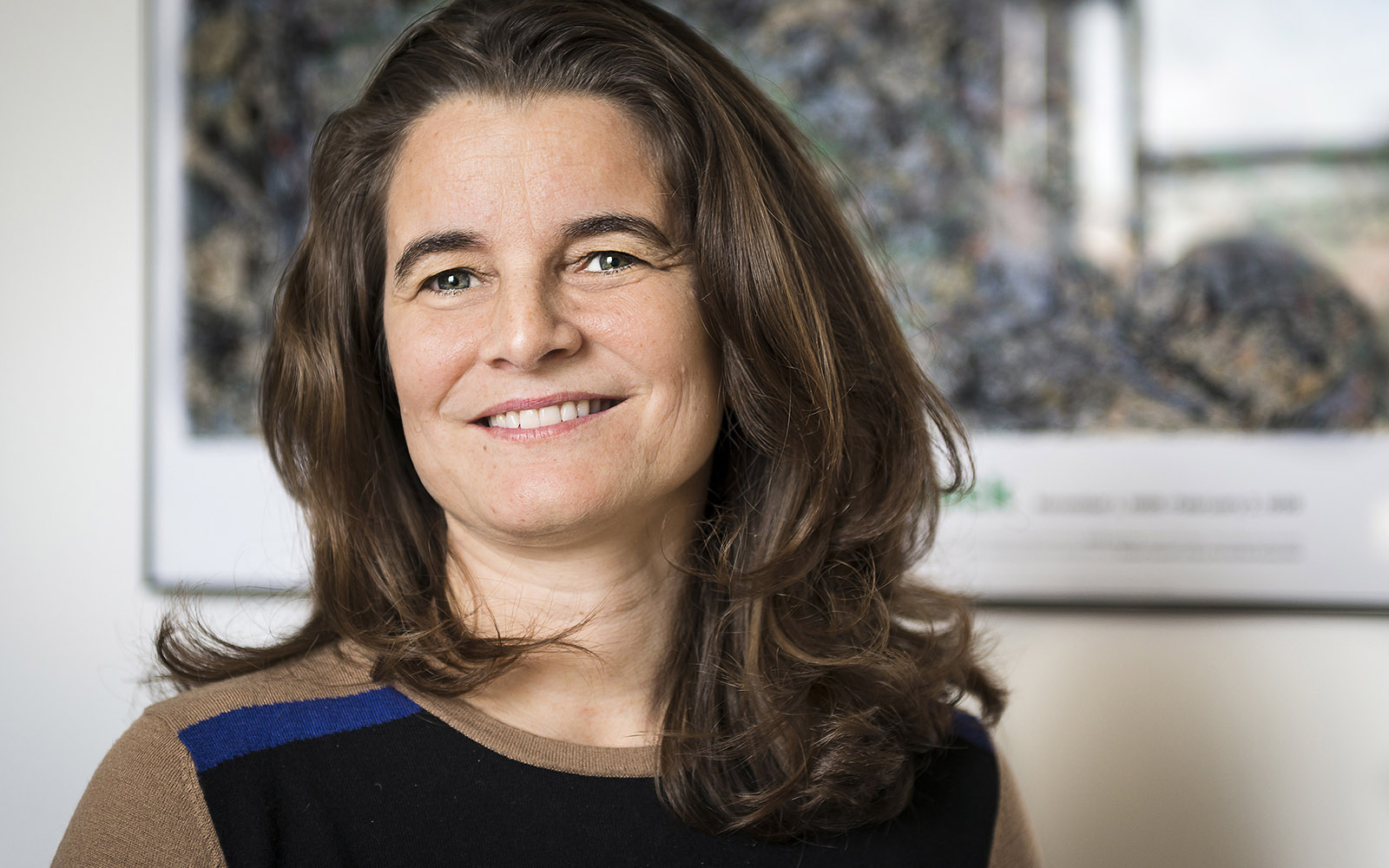IGC researcher elected as a member of the American Academy of Microbiology

Karina Xavier, biochemist and leader of the Bacterial Signaling Group at Instituto Gulbenkian de Ciência (IGC), joins other exceptional microbiologists to fellowship in the American Academy of Microbiology. The honorific group plays a strategic role as a think tank within the American Society for Microbiology, one of the largest societies of life science professionals. With over 2 600 expert fellows from several microbiology subspecialties, from basic and applied research, teaching, and public health, to industry, and government service, the group aims to promote excellence in microbial sciences and to advance this scientific area and its impact.
Each year new members are elected through a peer-review process to join the academy in recognition of their contributions and commitment to teaching and mentoring, which together result in growing expertise in the microbiology field in the service of science and society. In 2022, 65 members were elected from ten countries: Australia, Canada, China, Germany, Israel, Japan, Portugal, Switzerland, the U.K., and the U.S.
“It is an honor to be elected as a member of the American Academy of Microbiology. An opportunity to enhance synergies between Europe and America and to further develop projects that can address transversal challenges”, says Karina Xavier.
Elected among 130 nominees, Karina Xavier completed her PhD in biochemistry at the Instituto de Tecnologia Química e Biológica António Xavier of Universidade NOVA de Lisboa. Currently, she studies the mechanisms underlying bacterial signaling in the gut microbiota. The aim of her research is to understand how communication through small chemical molecules, a process called quorum sensing, influences the microbiota, more specifically, how it shapes the identity and quantity of intervening species, and how it affects the host’s physiology. Her lab’s most recent work was highlighted on the cover of Cell Host & Microbe and reveals how gut bacteria adapt and affect health in response to diet. The study revealed that diet does not only affect microbiota composition but also leads to permanent genetic alterations in gut microbes, having long-lasting consequences.
The researcher has been distinguished on several occasions, namely in her recent election as a member of EMBO – European Molecular Biology Organization – in 2021 and of EAM – European Academy of Microbiology in 2020. Her work and achievements were once more recognized, now in America, in an election that highlights the originality and impact of the research that is conducted in this field of growing interest in Portugal, reinforcing the country and the institute’s international affirmation. In light of the values of diversity, equity, and inclusion, the election emphasizes the role of women in science, with Karina being one of the 26 women elected into the academy in 2022.
